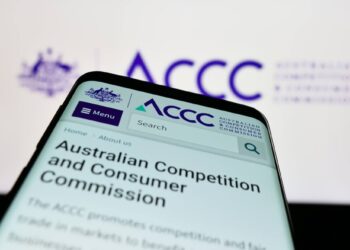Questions about total super balance and concessional contributions are on members’ minds this quarter, according to BT.
The firm’s BT Technical Services team highlighted five topics that had been regularly raised with them by advisers during the three months to 30 September.
In the superannuation space, questions were asked regarding total super balances, carry forward concessional contributions, non-concessional contributions and indexation of pension thresholds.
It said it is seeing “high demand” for its non-concessional contribution calculator that helps advisers to cross-check a client’s eligibility to bring forward a non-concessional contribution.
As well as the size of their total super balance, their eligibility for non-concessional contributions is also impacted by the trigger age, the timing of the acceptance by the trustee and the remaining cap space for the following age.
Tim Howard, technical consultant at BT, said: “The calculation can be complicated. Advisers are asking questions on calculations more frequently, especially since the work test no longer applies for these types of contributions. They are confirming the ins and outs, and using tools such as our handy NCC calculator.”
Questions about bringing forward concessional contributions relate to a change from July 2023 that lets clients look back and carry forward unused concessional contributions for the previous financial years.
This allows them to effectively increase their contribution caps in later years, if they have a total super balance of less than $500,000 at 30 June of the previous financial year and have unused concessional contributions cap amounts from up to five previous years.
Finally, advisers have raised questions about the indexation of pension thresholds that took place on 20 September and raised rates for social security payments such as the age pension. From 1 July 2023, means testing thresholds for these payments also increased from the previous financial year that may mean some clients receive a higher rate of payment.
Howard said: “Receiving social security income support such as the age pension – even if it’s a small rate of payment – may give a client several ancillary medical and pharmaceutical benefits via the pensioner concession card, helping to ease cost-of-living pressures.
“Clients may also be able to receive a range of state government rebates. For example, in NSW these include an electricity rebate of up to $285; plus there is a National Energy Bill Relief Household Payment of $500 for FY2024.”




